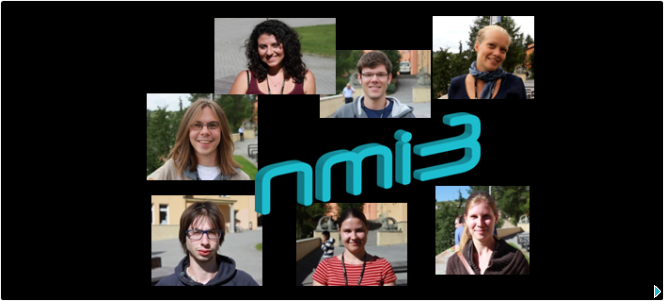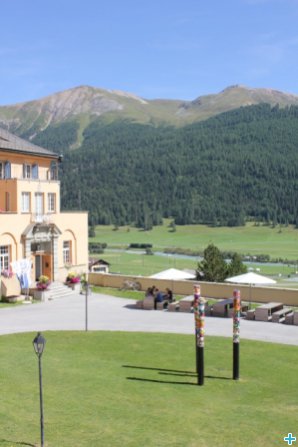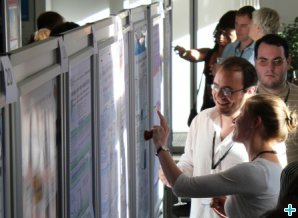The PSI Summer School 2013 - conversations with participants
12th PSI Summer School on Condensed Matter Research
Materials - structure and magnetism
By Inês Crespo, Information Manager, 05/09/2013
The 12th edition of the PSI Summer School , supported by NMI3, was held between August 17 and 23. The lectures took place at the Lyceum Alpinum located in the scenic town of Zuoz in the heart of the Swiss Alps.
A bit of history
Kurt Clausen, Head of the Department Research with Neutrons and Muons (NUM) at the Paul Scherrer Institute (PSI), Switzerland, is the chairman of the school. He told us that in its early years, the school focused on neutron scattering. Since then the PSI has grown to operate large scientific research facilities, such as the SINQ neutron source, the Swiss Light Source (SLS) and the SμS muon source, and the school programme followed these developments and broadened its scope. Currently the aim of the school is to present large scale facilities and research possibilities provided at PSI. This year's focus was on materials structure and magnetism.
Participants
The 2013 editions counted with 100 participants, including 22 lecturers, coming from 15 different countries. While the school is the perfect opportunity to gather PSI scientists together to learn about each others' work and receive training, about half of the participants and lecturers come from abroad. We talked to seven participants and they told us about the relevance of the school to their work and what they enjoyed the most during the week. You can listen to all about it by watching the video!
The school's organisers select only motivated participants and, for this reason, applicants need to explain their motivations to attend the school, send their CV, and a letter from their supervisor explaining the importance of the school to the applicant's work.
Thanks to NMI3 support a number of participants are given the financial means to attend the school. All participants who receive an NMI3 grant to attend have the opportunity to present a poster and participate in the PSI practical experiments that take place in the weekend that follows the school.
Programme
The programme of the PSI school is rather special. Theoretical lectures are offered during the morning, and after lunch there is an afternoon break during which participants have the opportunity to enjoy the outdoor activities available in the area, such as hiking, trekking, football, tennis, and others. The school organisers deem these activities fundamental to foster interaction and networking among participants. Everyone seemed to agree that this is a good idea!
Then, in the evening, after dinner, the students go back to the lecture room to listen to “lighter” talks. These usually address practical applications of condensed matter research in fields as varied as computers and pyramids.
The future of the PSI school
Given its success, the school will go on training researchers on condensed matter research. PSI is an operator of large scale facilities and there will certainly be new instruments built over the next years. The school programme will accompany those developments and be re-shaped accordingly.
As for participants, the school proves to be very useful as they often go back to PSI to perform experiments with their own samples and apply what they learned in the school. Education is a fundamental base to the future of science and NMI3 wishes all the best to the future of this school!
NMI3 Pictures from the school
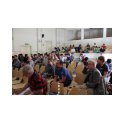
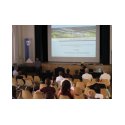
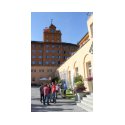
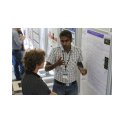
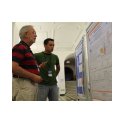
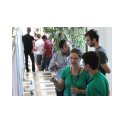
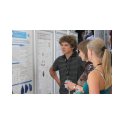
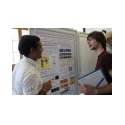
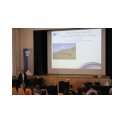
Useful links

For more information about the schools supported by NMI3 please visit our Education pages .
